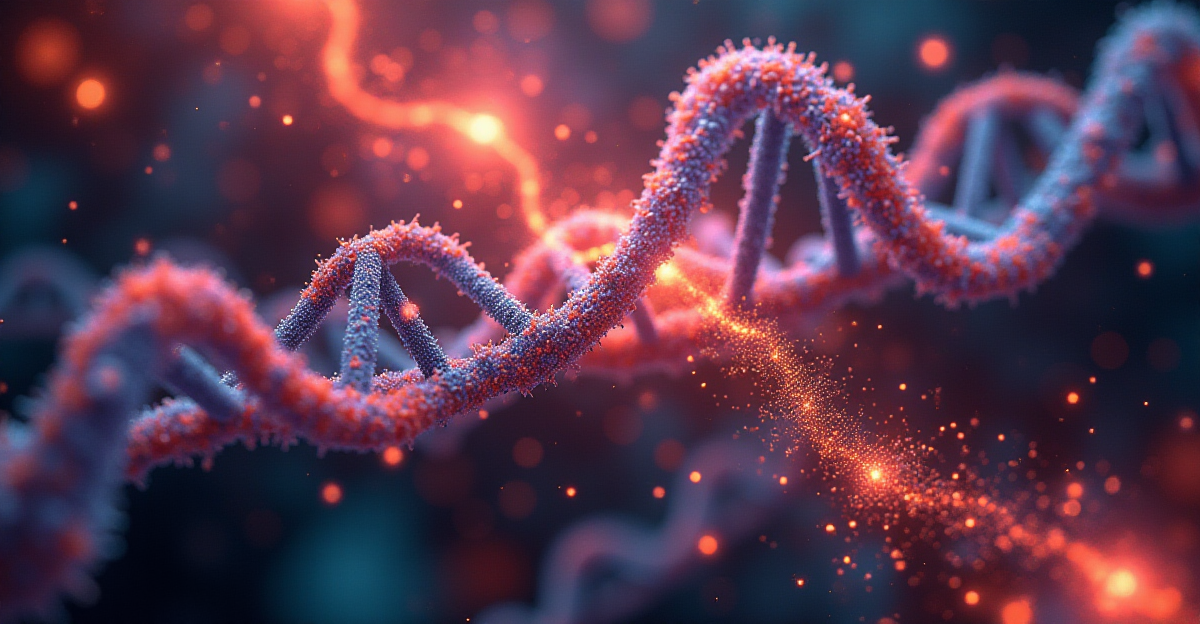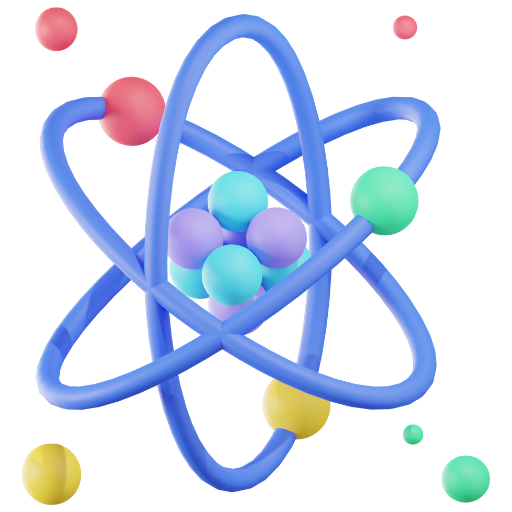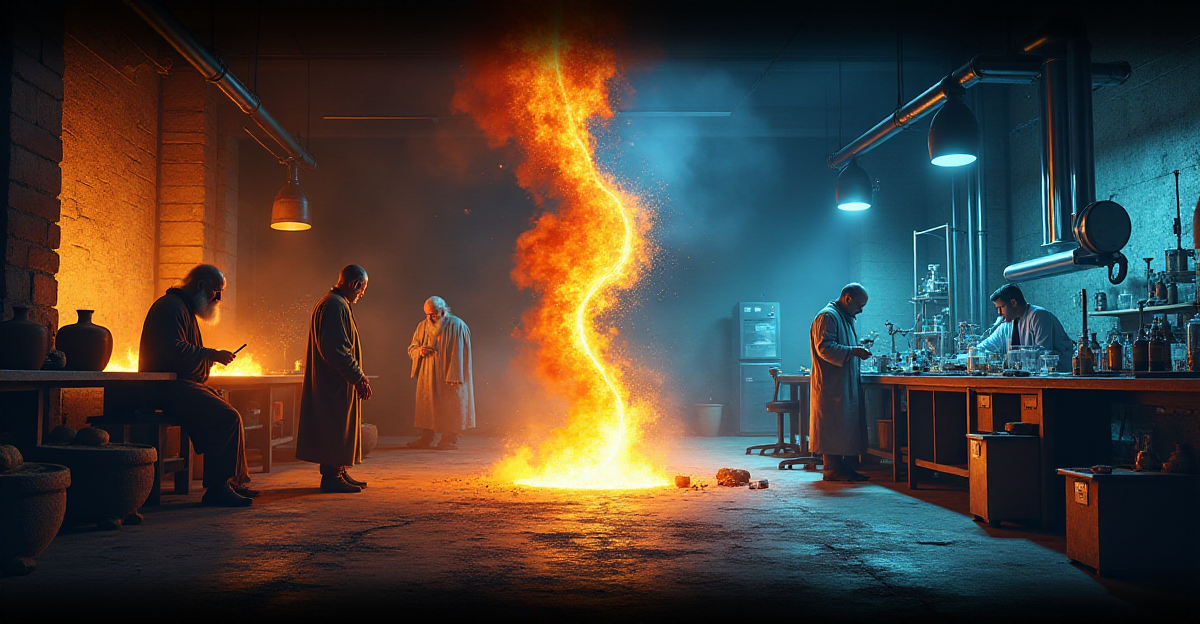Bacterial Chemistry Networks: The Social Media of the Microbial World

The complex chemical social networks bacteria utilize to coordinate activity and communicate have captivated me throughout my study of microbiology. Operating through molecular communications known as quorum sensing molecules, the chemistry of bacterial communication reflects one of nature’s most complex information systems. My lab research shows how bacteria coordinate everything from antibiotic resistance to biofilm ...
Read MoreDigital Chemistry: How AI and Quantum Computing Are Transforming Chemical Discovery

My background in computational chemistry has made clear how digital technologies are transforming chemical research and discovery. Digital chemistry—which combines artificial intelligence with quantum computing—is hastening the rate of chemical invention beyond what was once unthinkable. Working with machine learning models and quantum simulations has let me see how remarkably precisely these techniques can predict ...
Read MoreAcoustic Chemistry: How Sound Waves Are Revolutionizing Chemical Reactions

Working in sonochemistry labs, I have seen the remarkable ability of sound waves to change chemical interactions. Acoustics chemistry offers a novel method of using sound energy to regulate and improve chemical processes. My studies have shown how particular sound frequencies can induce reactions, produce unusual materials, and even produce light using sonoluminescence. Using acoustic ...
Read MoreQuantum Biology Chemistry: How Quantum Effects Drive Life Itself

Investigating the nascent topic of quantum biology chemistry has exposed incredible ways in which quantum influences shape biological events. By means of photoynthetic systems and enzyme reactions, I have seen how quantum events interact at the nexus of biology and chemistry. Recent research reveals that everything from human sense of smell to bird navigation depends ...
Read MoreSmart Dust Chemistry: The Invisible Revolution in Microscopic Sensors

Investigating nanomaterial technology has captivated me with the developing discipline of smart dust chemistry and its ability to revolutionize environmental monitoring. Smaller than a grain of sand, these minuscule chemical sensors provide a breakthrough method of obtaining information about our planet. Working with smart dust development has showed me how clever chemical reactions in small ...
Read MoreThe Chemistry of Immortality: How Scientists Are Unraveling the Aging Process

By means of my thorough study on biogerontology, I have observed the amazing junction between chemistry and the quest of long human lives. Research on immortality’s chemistry has produced revolutionary new understanding of how molecular alterations affect the cellular level aging process. Working with longevity researchers, I have seen how knowledge of these molecular pathways ...
Read MoreThe Chemistry of Sunlight: How Solar Energy Drives Life on Earth

Researching photochemistry, I have seen the amazing ways sunlight fuels chemical reactions vital for life on Earth. Solar energy’s chemistry covers everything from photosynthesis to atmospheric reactions forming our climate. By means of my research on light-driven chemical processes, I have investigated how various molecules grab and convert solar energy into practical forms. The basic ...
Read MoreQuantum Chemistry in Everyday Life: The Hidden World of Electron Behavior

Over my career in quantum chemistry, I have been enthralled by how tiny quantum events shape the macroscopic world we live in every day. From the colors we perceive to the chemical connections keeping our bodies together, quantum chemistry rules everything. Investigating molecular orbital theory has helped me to understand how quantum physics models events ...
Read More











